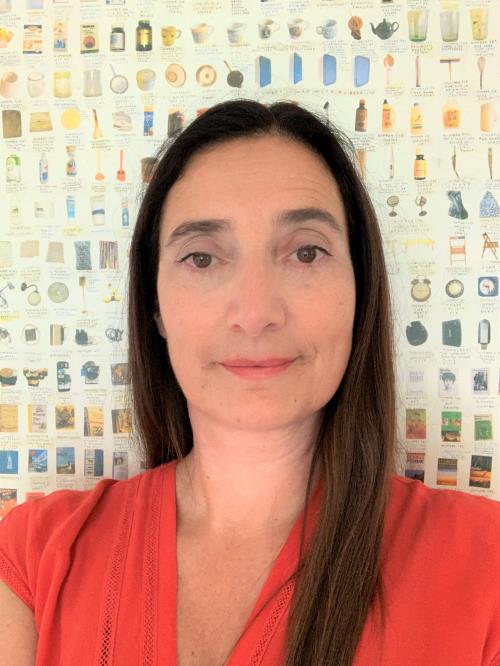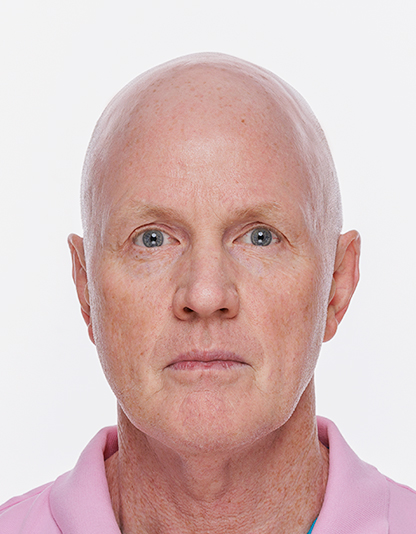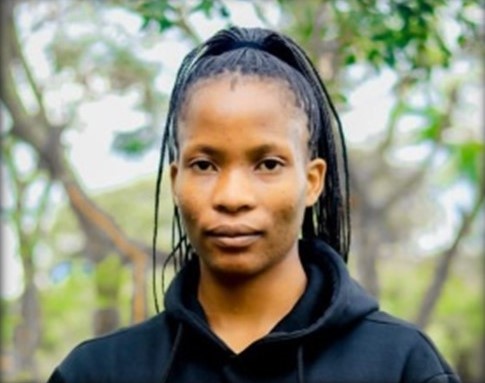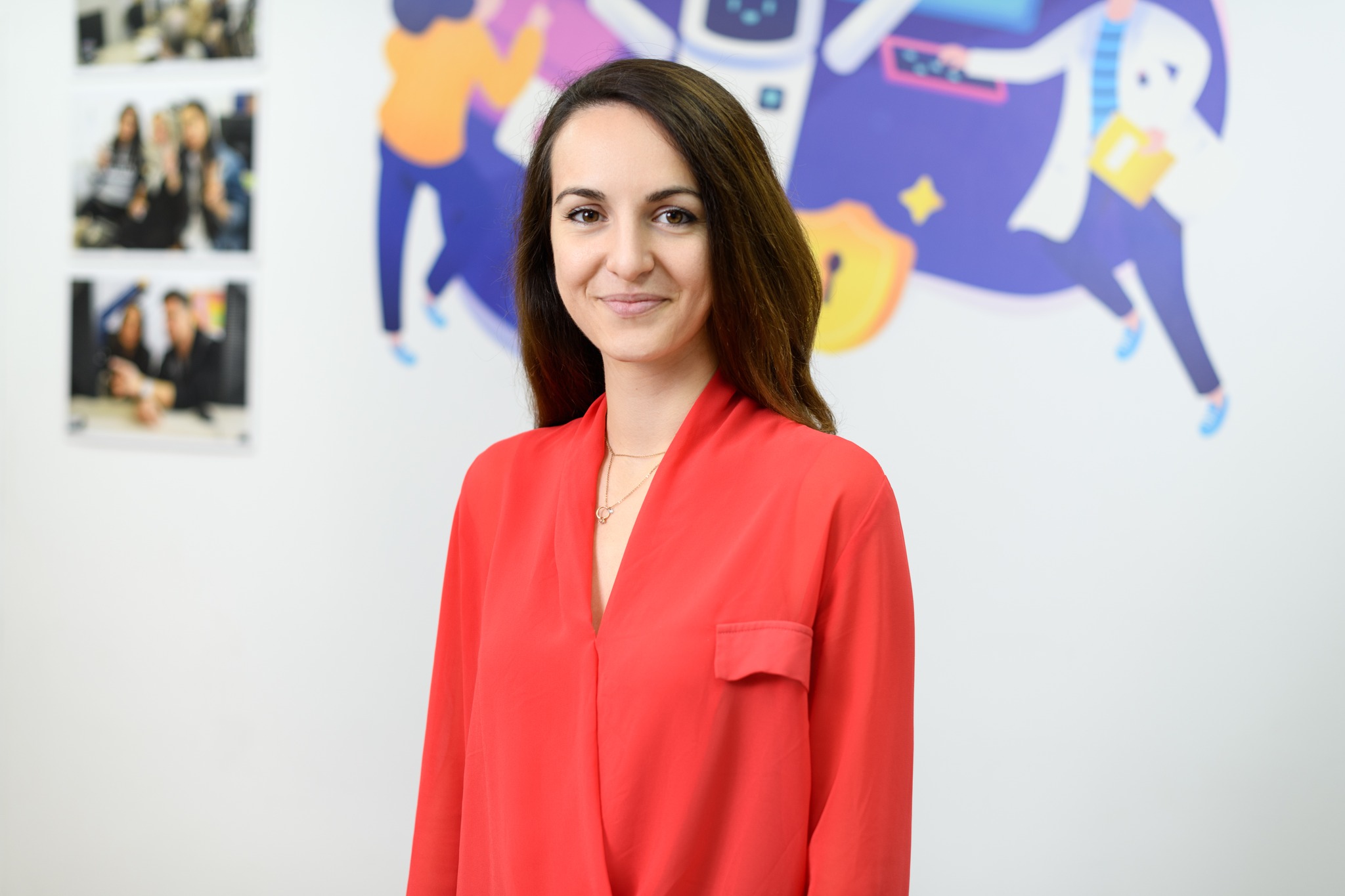WSIS Action Line C7: e-Employment: Towards decent work in the digital economy for forcibly displaced youth
International Labour Organisation
Session 272
The session will feature an interactive discussion between experts on issues related to decent work, the digital economy, and people in forced displacement contexts as well as profit from the insights of a refugee that has vast experience in helping young refugee women integrating the digital world. Questions and comments from the (virtual) audience will be captured and integrated into the conversation.
Digital technologies are transforming economies, how businesses operate and how the world of work functions. This shift has accelerated because of the COVID-19 pandemic and the expansion of the digital economy will continue to follow this trend. The World Bank estimates that the digital economy contributes to more than 15 per cent of global gross domestic product (GDP), and in the past decade it has been growing at two and a half times faster than physical world GDP. New business models, such as digital labour platforms have also emerged as a result of this advancement with the potential to generate decent work, when backed by the necessary policy and regulatory frameworks and incentives.
Digital labour platforms and remote work could potentially transform how young refugees make a living. Efforts to improve the inclusion of young refugees have typically focused on improving access to internet connectivity; providing digital skills training; and addressing legal impediments and administrative barriers to work in digital platforms, such as national ID documents being a prerequisite for access. A piecemeal approach, however, has generated gaps including in creating effective and sustained job and career pathways. An integrated approach to finding innovative solutions is needed, involving governments, workers, digital platform (employers) operators and the international community, as well as young refugees (where possible), to create new mechanisms for the inclusion of traditionally underserved groups, such as forcibly displaced youth.

Maria is an Employment and future of work specialist in the ILO’s Employment Policy Department. Her current work focuses mainly on the implementation of the ILO’s Youth Employment Action Plan 2020-30 as well as on the digital transformation in the context of national employment policies. Previously, Maria worked as a Specialist in the ILO’s Future of Work Initiative, where she provided technical support to the Global Commission on the Future of Work and to the work of the ILO on the subject. Maria has more than eighteen years of professional experience in the United Nations (ILO and UNDP) in positions that included thematic areas such as youth employment, local economic and social development, public-private partnerships for urban environment, small and micro enterprises, informal economy and infrastructure development.

Nick Grisewood has worked in the wider social justice and international labour standards environment of the ILO and its stakeholders and partners since starting his career with the Global Union Federations in the early 1980s. He has worked in constituent organisations of the ILO, as a consultant with the ILO and in the ILO Itself for well over 30 years. The defining period of his career in respect of forced displacement and mixed migration movements came when managing an ILO child labour programme in Jordan from 2011 to 2013, just as the Syrian crisis was erupting and large refugee movements were ignited. As a result, he became involved in the emergency response, focusing on the links between economic insecurity among the Syrian refugee population, the challenge of labour market integration and the right to work for refugees. This sparked deep interest in the critical importance of the early engagement of the ILO in forced displacement situations and inspired and informed his work subsequently as a Crisis Migration Specialist with the Labour Migration Branch from 2015-2018 and then as the Global Programme Manager for the PROSPECTS Partnership Programme since end of 2018. The PROSPECTS programme, supported by the Government of the Netherlands, brings together the ILO, International Finance Corporation, UNHCR, UNICEF and the World Bank to operationalise joint activities across the humanitarian-development nexus in 8 countries in the MENA and East African regions.
_(002).jpg?maxwidth=500)
Mashimbo Rose Nafisa is a 25-year-old refugee of Congolese origin, born and raised in Uganda. Rose lives with her family in Nakivale Refugee Settlement, where her father and mother have lived since 1994. Rose has dedicated much of her time in helping young refugee women to integrate in the digital world by offering various trainings in computer basics. Rose is also a mobilizer and works on sensitization of women and girls, grouping them into different Village Savings and Loan Associations (VSLA) groups to help them save money and secure small loans to start up small scale businesses to improve their livelihoods under a women’s association known as NOWEMPA, in Nakivale. She currently works with STAND FOR CHANGE AND UNITY, a refugee and youth led community base organization in Nakivale where she is a peace building and social cohesion trainer. She was trained as a trainer by the ILO in the Promoting Social Cohesion and Peaceful Coexistence in Fragile Contexts through TVET methodology under the PROSPECTS Programme. Rose is also trained as a trainer by the ILO in the ILO/UNICEF Integrated UPSHIFT social innovation programme.
.jpg?maxwidth=500)
Hovig heads the Innovation Service for UNHCR (United Nations High Commissioner for Refugees). Since 2006 Hovig has served in Lebanon, DR Congo, Algeria, Mauritania, Iraq, Jordan and Tunisia; mostly overseeing UNHCR’s Humanitarian/Emergency response operations. Prior to his humanitarian career, Hovig served with various human rights and peace building organizations, coordinated a United Nations Development Programme (UNDP) funded Rule of Law programme in the MENA region and founded a newspaper in Costa Rica. Hovig is also a visiting professor at the UN University for Peace in Costa Rica.
.jpeg?maxwidth=500)
Iva Gumnishka is the founder and CEO of Humans in the Loop, a social enterprise which provides digital remote work in the field of data annotation for AI. The workers at Humans in the Loop all come from conflict-affected and forcibly displaced communities in Syria, Iraq, Afghanistan, Lebanon, Yemen, Ukraine, Portugal, and the DRC. Iva is passionate about responsible AI practices and giving refugees access to the digital economy. She holds a degree in Human Rights from Columbia University and has been named Forbes 30 under 30 and European Young Leader under 40 and has won the Women Innovators Prize of the European Commission.
-
 C7. ICT applications: benefits in all aspects of life — E-employment
C7. ICT applications: benefits in all aspects of life — E-employment
This topic links to the WSIS Action Line 7 on E-employment
-
 Goal 1: End poverty in all its forms everywhere
Goal 1: End poverty in all its forms everywhere
-
 Goal 8: Promote inclusive and sustainable economic growth, employment and decent work for all
Goal 8: Promote inclusive and sustainable economic growth, employment and decent work for all
-
 Goal 17: Revitalize the global partnership for sustainable development
Goal 17: Revitalize the global partnership for sustainable development
The session links to SDG 8, however, it also has strong links to Goals 1 and 17 (among others).